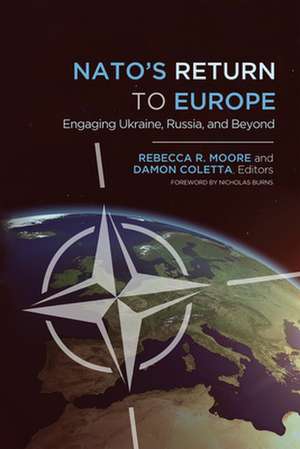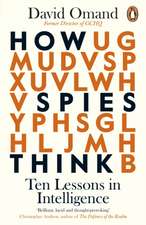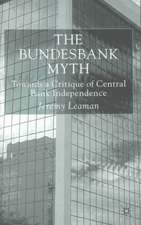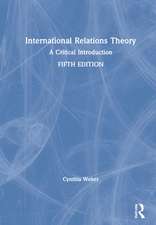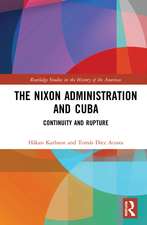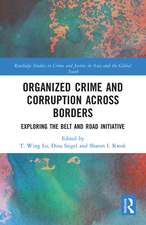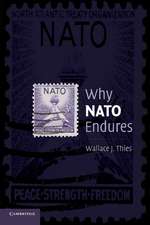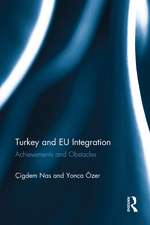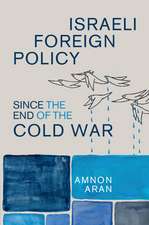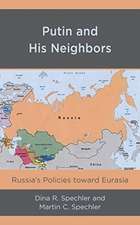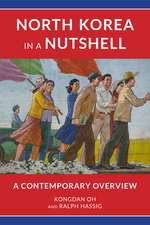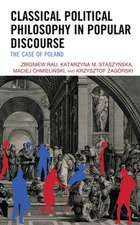NATOS RETURN TO EUROPE
en Limba Engleză Paperback – 11 noi 2017
NATO's 2010 Strategic Concept officially broadened the alliance's mission beyond collective defense, reflecting a peaceful Europe and changes in alliance activities. NATO had become a facilitator of cooperative security arrangements, a crisis-manager even outside of Europe, and a liberal democratic club as much as a mutual-defense organization. However, Russia's aggressive annexation of Crimea in 2014 and its ongoing military support for Ukrainian separatists have dramatically altered the strategic environment and fundamentally called into question the liberal European security order. States bordering Russia, many of which are now NATO members, are worried, and the alliance is divided over assessments of Russia's behavior. The intent of this book is to explore the impact of Russia's new assertiveness, particularly in Ukraine, on the NATO alliance. This international group of scholars will look at a broad range of issues from a variety of perspectives in the interest of, not only explaining recent developments, but also making recommendations about critical choices confronting the NATO allies. While a renewed emphasis on collective defense is clearly a priority, the contributors to this volume also caution against an overcorrection which would make NATO too inwardly focused.
| Toate formatele și edițiile | Preț | Express |
|---|---|---|
| Paperback (1) | 189.85 lei 2 zile | |
| Georgetown University Press – 11 noi 2017 | 189.85 lei 2 zile | |
| Hardback (1) | 991.69 lei 6-8 săpt. | |
| Georgetown University Press – 10 noi 2017 | 991.69 lei 6-8 săpt. |
Preț: 189.85 lei
Nou
36.33€ • 39.45$ • 30.52£
Carte în stoc
Livrare din stoc 13 martie
Specificații
ISBN-10: 1626164886
Pagini: 272
Dimensiuni: 152 x 229 x 19 mm
Greutate: 0.41 kg
Editura: Georgetown University Press
